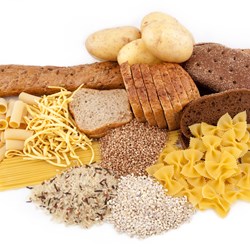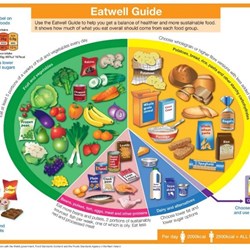Eating well
Diet
When you use insulin, you will need to include some carbohydrates with meals to stop your blood glucose levels from going too low (or reduce your insulin dose to compensate for fewer carbs). You may benefit from counting carbs, so that you can better work out what your mealtime insulin doses should be, resulting in better glucose control.
Fasting
Fasting for Ramadan when you have type 1 diabetes can be difficult to manage and it can put you at risk of hypoglycaemia and dehydration.
If you choose to fast, then you should consult your diabetes care team before Ramadan to make sure you can do this in the safest way possible.
To find out more about diet, food, and diabetes, register for our Understanding Type 1 e-learning course. There is also a list of additional resources about diet, food, and diabetes below.
Advanced Search
Resource type -
Language -
Type of diabetes -
This resource gives you plenty of useful information on how people with diabetes can participate safely in Ramadan.
A 10 day meal plan to follow during Ramadan.
Carbohydrate counting is a way of matching insulin requirements with the amount of carbohydrate that you eat or drink. This course will give you everything you need to know about counting carbs.
This resource discusses the Eatwell Guide and how you can use it to help plan a healthy balanced diet.





